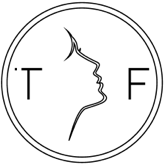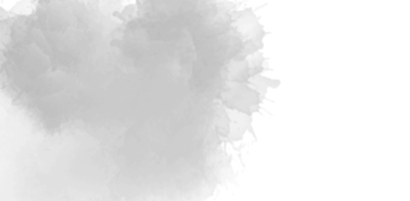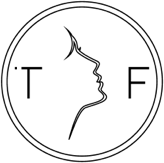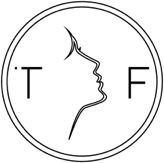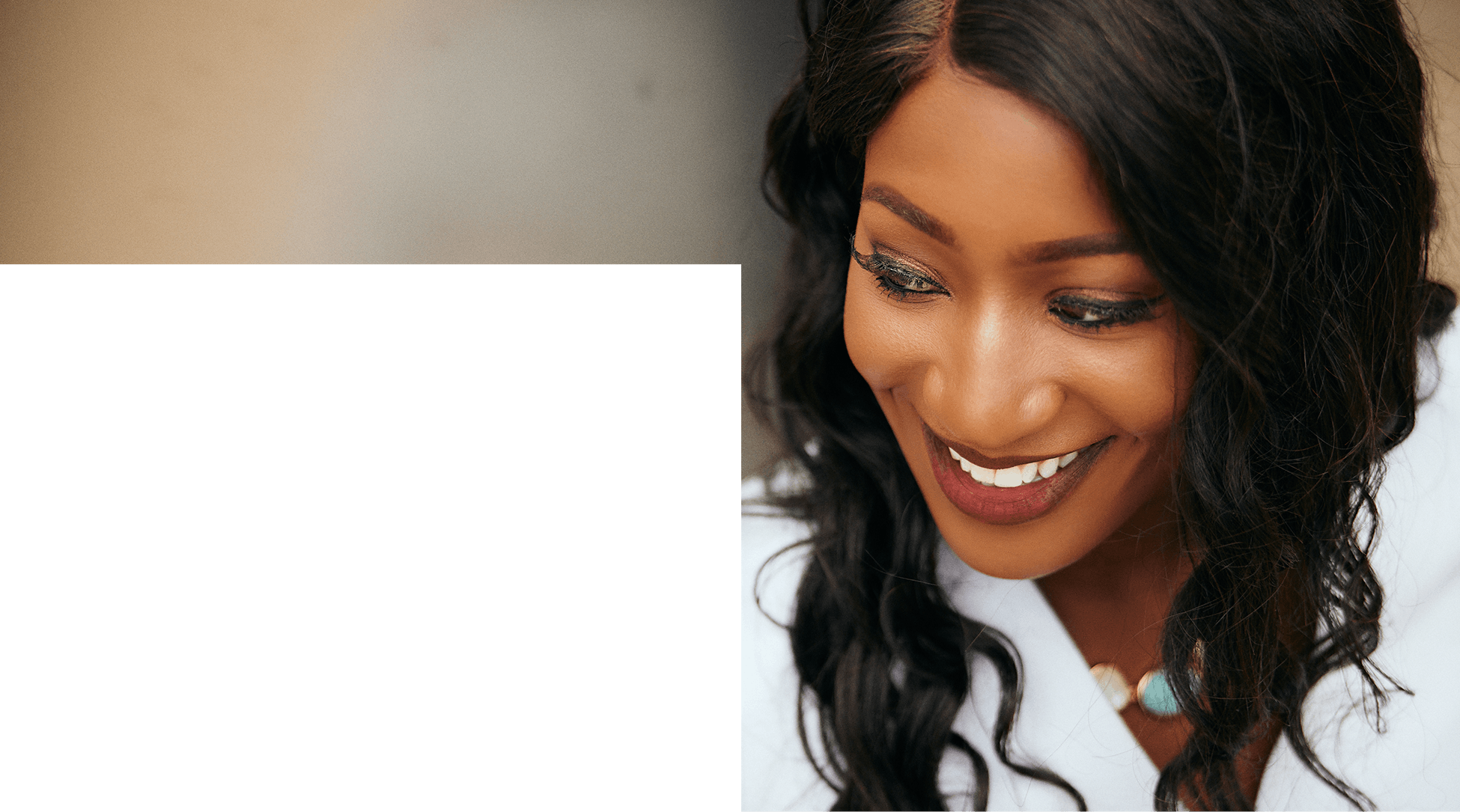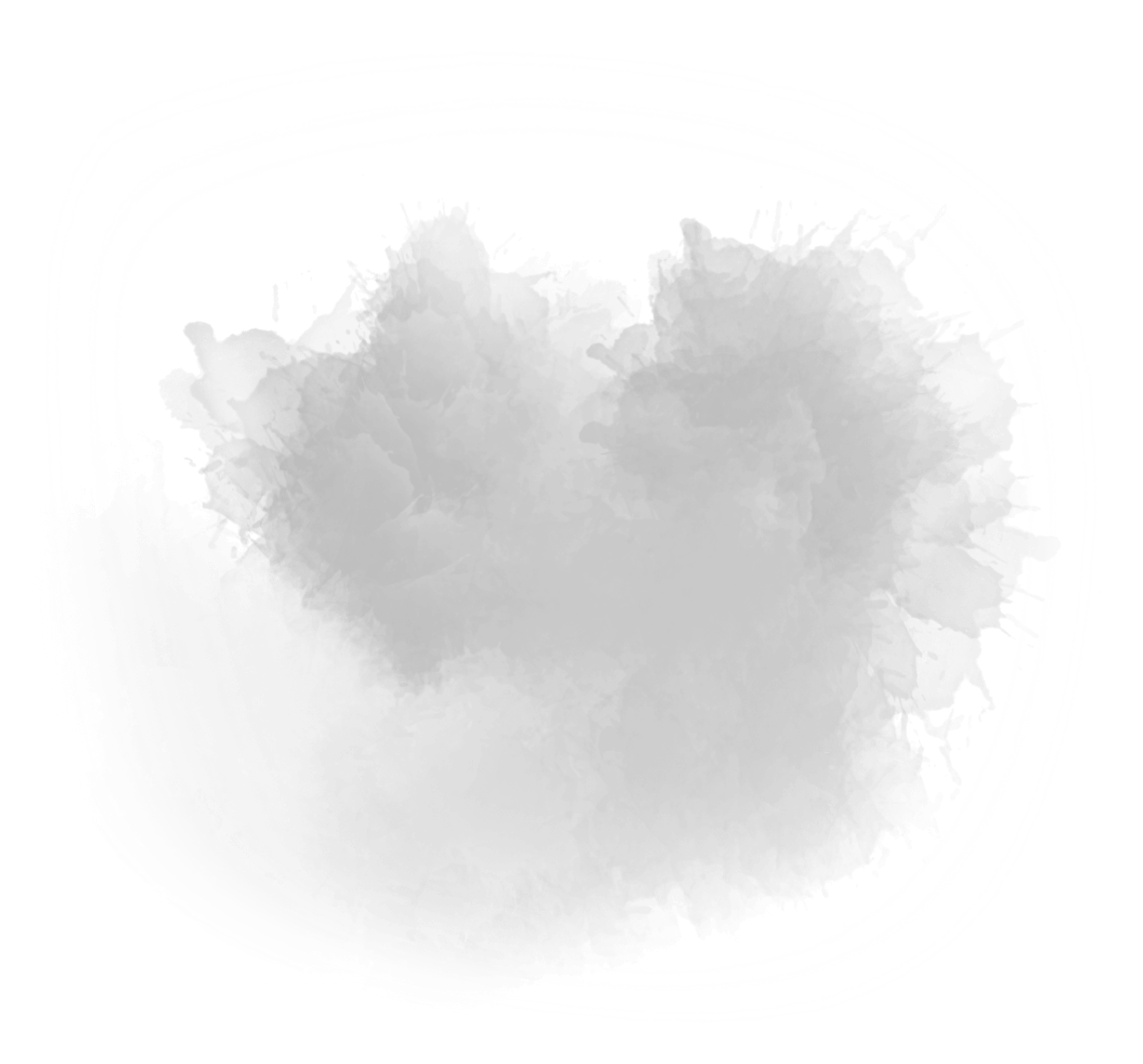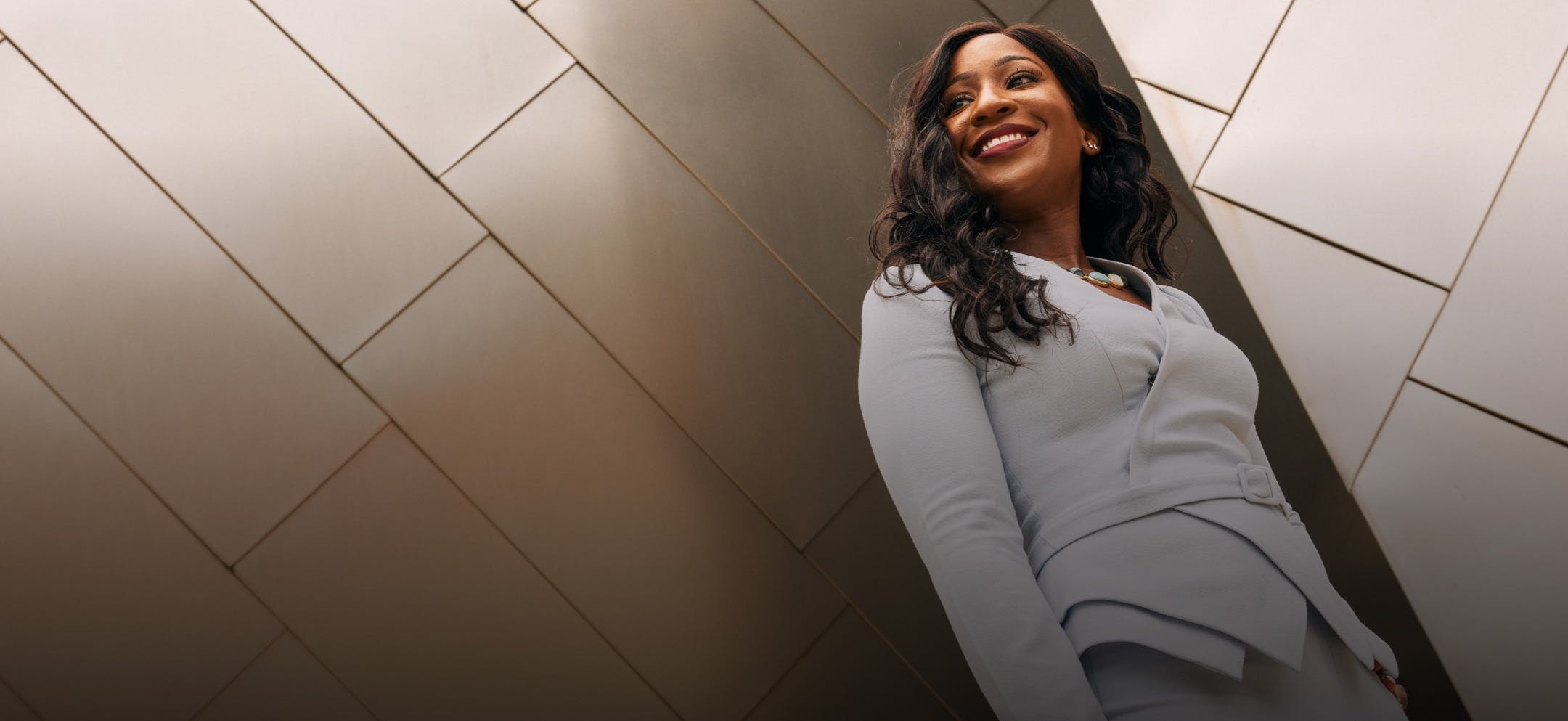Functional rhinoplasty is performed to correct the nose's inner and/or outer structure to restore unobstructed breathing and tired of your breathing problems. At That Face in Chicago, we can help. We do all we can to make your journey with us comfortable, pleasant, and extraordinarily successful.
Your Initial Consultation: Identifying the Problem is Step One.
The first step will be a full evaluation of your nose to determine the cause of your nasal obstruction. In some cases, the reason for your breathing issue can be quickly identified. In other cases, it may be necessary to look more deeply into the inner nose to identify problems with the nasal valve, the turbinates, or the presence of nasal polyps. After a detailed evaluation, Dr. Sulyman-Scott will thoroughly explain your treatment options and what to expect from your surgery. Your comfort is very important to us so Dr. Sulyman-Scott takes all the time necessary to answer all your questions and concerns.
